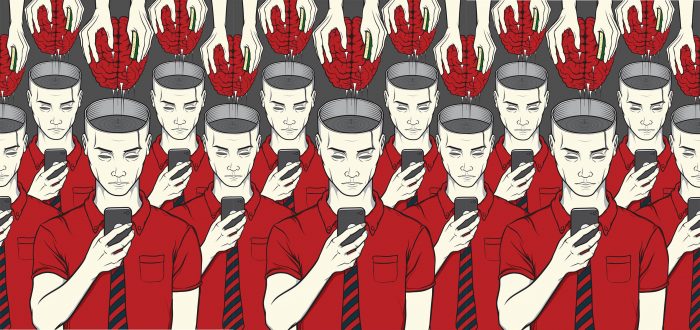
These people share conspiracy theories to promote conflict, cause chaos, recruit and radicalize potential followers, make money, harass, or even just to get attention.

These people share conspiracy theories to promote conflict, cause chaos, recruit and radicalize potential followers, make money, harass, or even just to get attention.

Conspiracy theories abound. What should you believe − and how can you tell?
:extract_focal()/https%3A%2F%2Fs3.amazonaws.com%2Fpocket-collectionapi-prod-images%2Fc3d81de1-7e57-4393-ab61-6323c061c2ef.png)
And how to talk to those who have fallen for falsehoods.

On the fabrication of well-poisoning accusations in medieval Europe.

You might not believe in QAnon, but you could still fall down the rabbit hole.
:extract_focal()/https%3A%2F%2Fpocket-syndicated-images.s3.amazonaws.com%2Farticles%2F5980%2F1611345286_GettyImages-672713099.jpg)
The goal should not be conversion but doubt.

Conspiracy theories seem to meet psychological needs and can be almost impossible to eradicate. One remedy: Keep them from taking root in the first place.